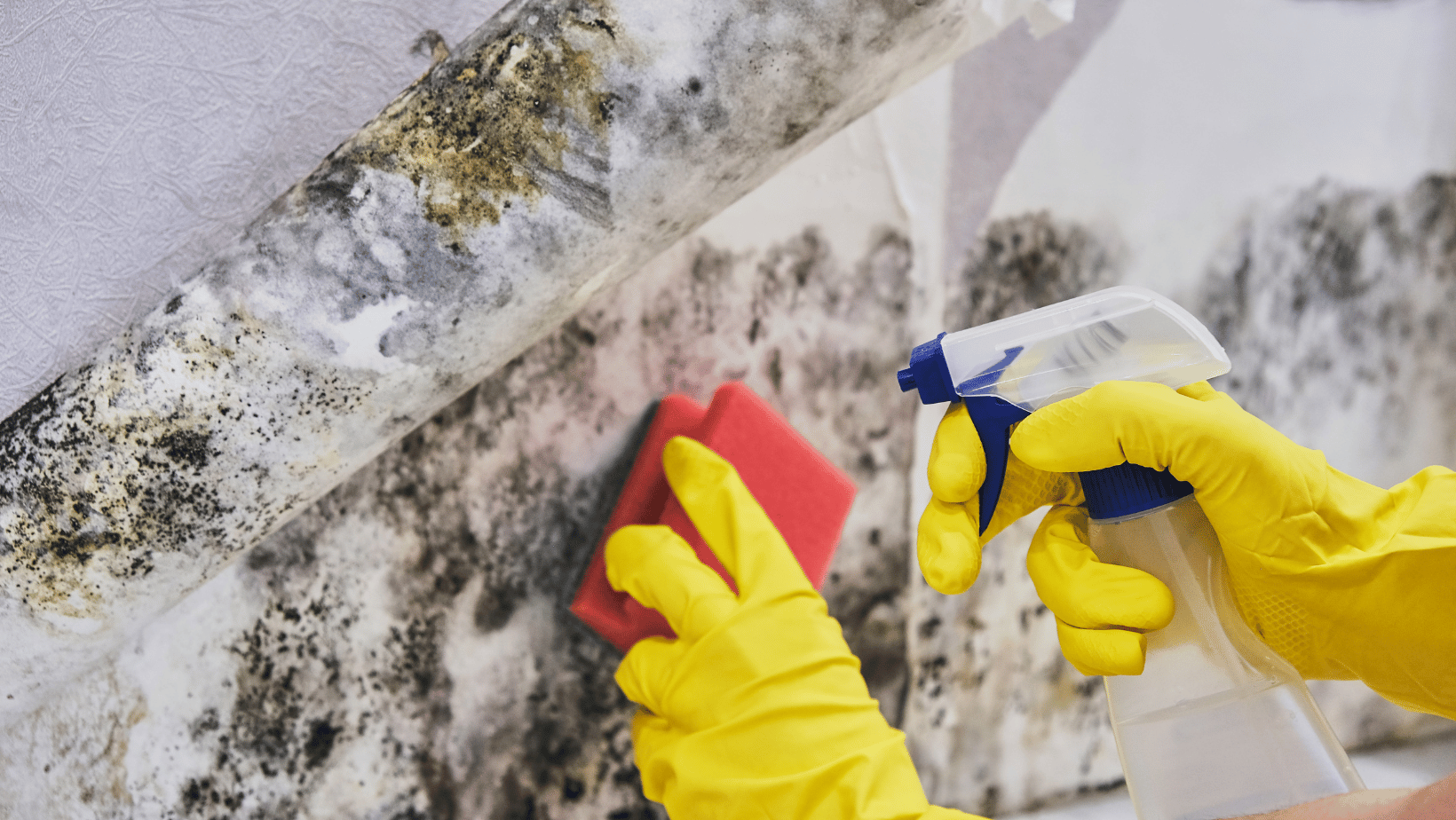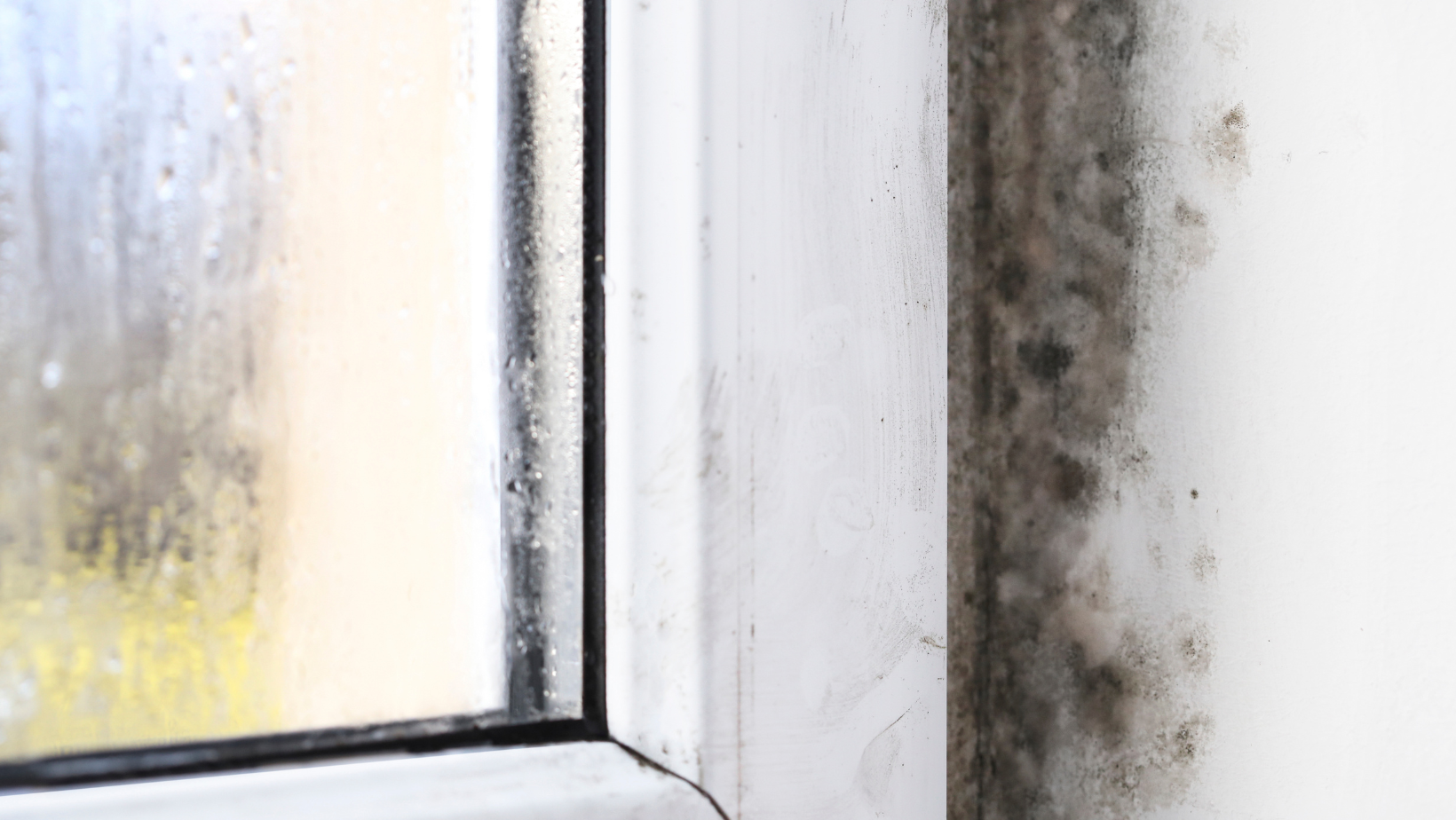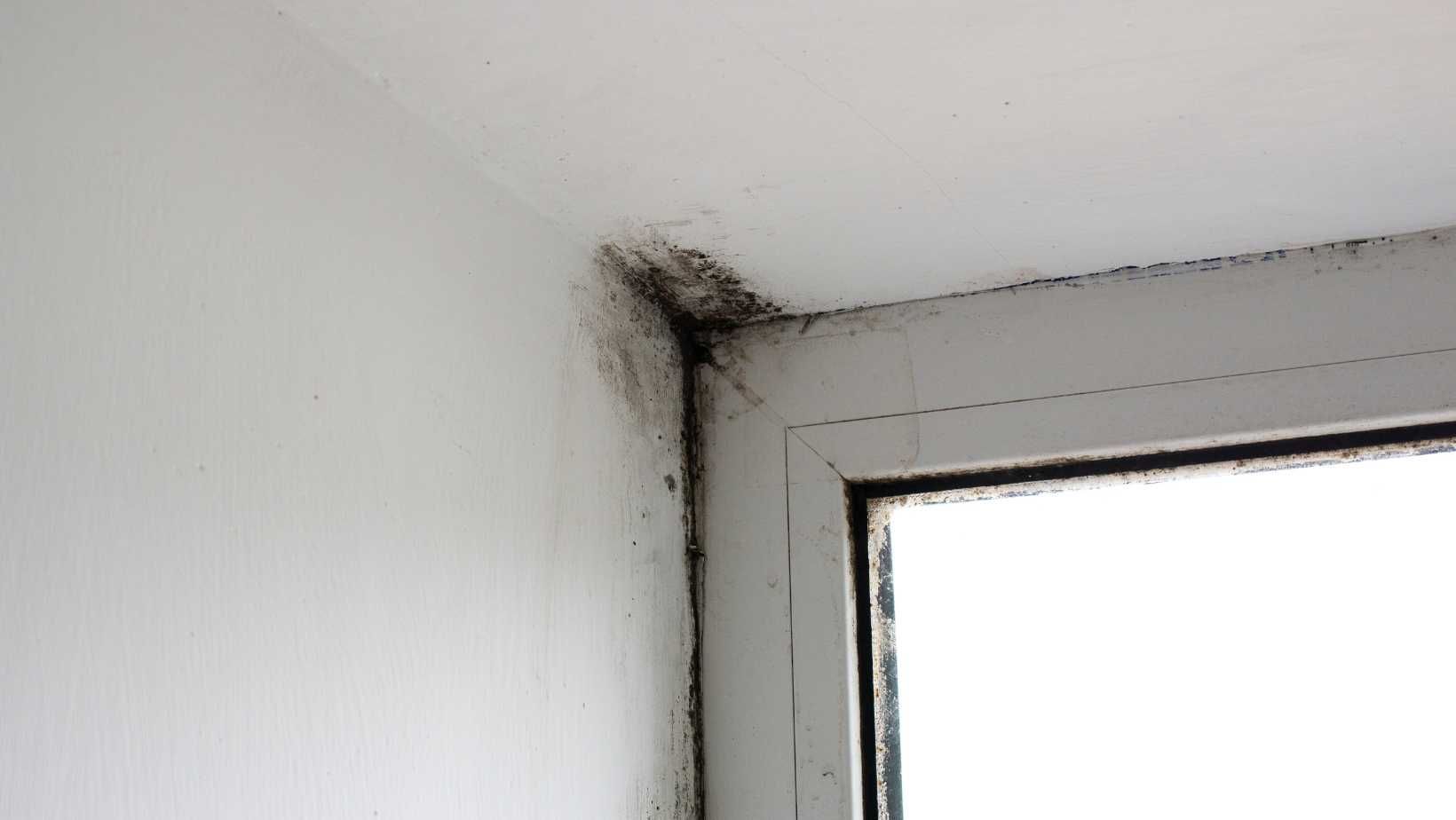Does High Humidity Cause Mold in Louisiana Homes?
Every interior setting has the potential to become a breeding ground for mold. There is plenty of organic debris to feed on, and the interior temperatures are excellent for mold to thrive. The single factor that prevents mold from growing is moisture control. To maintain a healthy home, Louisiana homeowners must keep their homes dry.
How Can Humidity Cause Mold Problems?
Some of the most obvious moisture control include flood prevention and leak prevention. Most homeowners know to contact an emergency water restoration company if they have a major flood or leak, but it is the less obvious issues that get overlooked on a daily basis that can cause some of the most widespread mold issues. It is important for homeowners to understand that you don’t need a major floor, a plumbing leak or a leaky roof to end up with a mold problem. Unfortunately, property owners frequently overlook less obvious moisture issues, like high humidity. High humidity can be deceptively harmful to the health of a home. Though gaseous and visually undetectable, water vapors can be just as dangerous as a water leak or flood.
The cause of mold in some circumstances is not as clear as water penetration. Despite the fact that there appears to be no moisture source, it can seem like mold is rapidly developing and showing no indications of stopping. This might sometimes be the result of indoor humidity or condensation that the might not be apparent to the homeowner. Moisture issues of this nature are simple to resolve and take longer to become a big problem. However, not only does it frequently go unnoticed, but it also remains unnoticed for long periods of time, resulting in serious mold problems that could have been avoided.
Hidden Mold Caused by High Humidity
Mold caused by humidity is often overlooked and can go unnoticed for extended lengths of time. Unfortunately, by the time the issues becomes visibly apparent, the mold has likely developed into a widespread contamination. Humidity is often most common in closed up and poorly ventilated spaces, which are most often spaces that aren’t used very frequently. Since spores can contaminate any surface and easily spread in hidden, unused spaces – mold caused by high humidity is often hidden and difficult to detect. Humidity trapped in sealed spaces (wall voids, ceiling voids, underused attics, basements, and crawlspaces, for example) can contribute to mold growth in Louisiana home. All the more reason to keep an eye on your home's moisture levels. Hidden mold will spread exponentially without warning if left unchecked.
Humidity is especially important to monitor here along the gulf coast with especially hot and humid summers. Some clear signs of indoor humidity problems include condensation on windows, pipes, and walls. If you notice condensation, it means that the water vapors in the hot air have come into contact with a cool surface causing the vapors to settle into a liquid state. If you notice condensation, dry the surface immediately and keep indoor humidity below 50%. It might be advisable to call in a local mold remediation experts in Louisiana if it seems to be a serious problem.
Mold Prevention & Humidity Control for Louisiana Buildings
When it comes to moisture issues and mold growth, prevention is always the best option. Homeowners can greatly reduce the risk of indoor mold growth with proper humidity control. High humidity can cause significant mold damage, necessitating the services of a mold remediation professional in Louisiana. To avoid costly repairs and mold removal, buildings need adequate indoor humidity management solutions. When attempting to improve your indoor humidity control, keep the following points in mind.
Using Dehumidifiers to Prevent Mold Growth
If humidity levels appear to be high, consider purchasing a dehumidifier to help regulate moisture and keep humidity levels below 50%. Air conditioning systems can help dehumidify indoor spaces throughout the summer. The regular air flow from the air vents and fans will aid in maintaining a safe moisture level and establishing a steady temperature to prevent condensation. Ensure that all HVAC components are in good working order to ensure that the system is operating as efficiently as possible and to avoid the negative effects of a malfunctioning HVAC system. Regular maintenance might help to keep mold from growing in the actual system.
Using air conditioners on a regular basis throughout the summer months can help with moisture control. If the property is unoccupied, do not entirely turn off the air conditioner. People frequently try to save energy and prevent high power bills by turning off the air conditioning while at work during the day or on vacation for several days. While this may save you some money, this will cause fluctuating humidity and allow condensation to form on building materials. Condensation and spikes in humidity will lead to moisture build up, especially if the residence is vacant for an extended length of time, due to the abrupt increase in temperature in contrast to the cooler air that was previously flowing.
Managing Dampness to Prevent Fungal Activity
Humidity problems can be exacerbated by dampness. Pay special attention to sections of the house that are very damp (i.e: bathrooms and kitchens). Daily activities can cause moisture, which can accumulate over time and become a significant problem. Showering, cooking, and doing laundry are all activities that might lead to more significant problems if the area is not sufficiently ventilated. Ensure that appliances such as washers/dryers and stoves have adequate vents for air circulation and humidity management. Ensure that all appliances that can cause condensation are in good working order (i.e: refrigerators, dishwashers, etc.). Also, make sure that the bathroom exhaust fans are powerful enough to properly ventilate the space.
Remember to keep track of where all the vents exit while inspecting and maintaining ventilation. Some bathroom exhausts, dryer vents, and stove vents, for example, discharge into the attic. This is a problem that can jeopardize indoor humidity regulation. All of the moisture that is pumped out of the main living areas ends up in the attic. That dampness sometimes goes undiscovered for long periods of time until mold symptoms appear. To ensure that no moisture is kept indoors, properly constructed vent systems should actually exit outside. If the vents discharge into the attic in a less-than-ideal condition, make sure the attic receives adequate air circulation.
Optimize Air Circulation to Allow Sufficient Ventilation and Moisture Control
Indoor humidity regulation can be considerably aided by adequate air flow and circulation. If at all possible, keep furniture away from walls and leave doors open throughout the house (ie: bedroom doors, closet doors, bathroom doors, etc.). Excessive clutter can restrict air flow and should be avoided. Air circulation in a room is slowed by clutter. Moisture is trapped inside porous things, and the organic material feeds mold growth. Get rid of it if it has been unused for at least two years and has no sentimental value.
When the weather permits, try to open windows and doors to let some fresh air into the house. Take advantage of the warmer, drier days to increase air circulation; just remember to close things up again on more humid days.
If high humidity has left you with a mold problem, you need to contact a local mold removal specialist in Louisiana to provide you with the professional remediation services needed to restore a clean and health home. The DryMax Team is just that -- a team of experienced and certified restoration professionals who specialize in cleaning up mold. To learn more about our local services near you, call today 337-446-2042.
You might also like
DryMax Mold Blogs




